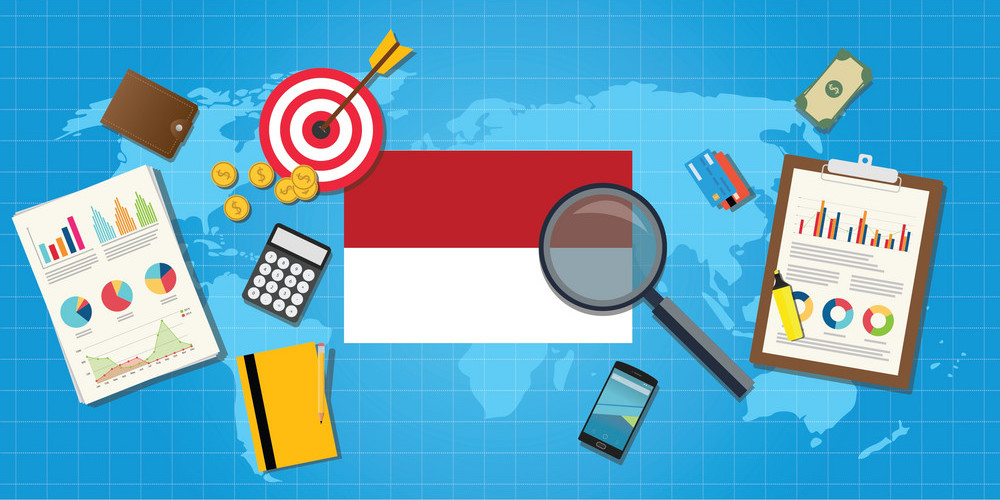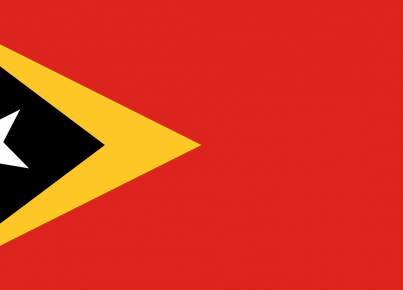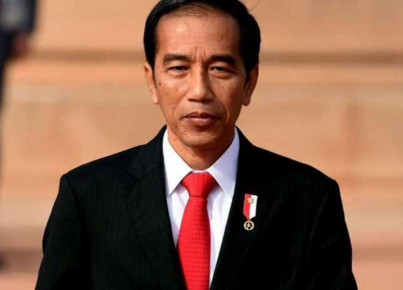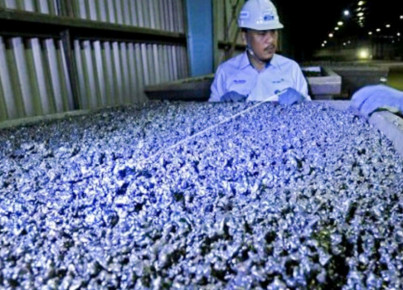After having successfully achieved unity and democracy, now the country strives for economic openness
Indonesia is a country with over 14,000 islands, 700 languages, and 1,300 ethnic groups. Yet, despite its size and heterogeneity, Indonesia managed to find strength in its national motto ‘Bhineka Tunggal Ika’ that means ‘Unity in Diversity’. The country is now ranked as the world’s 16th largest economy and is predicted to rise to the 7th position by 2030, based on a report from McKinsey. However, this success didn’t come overnight. According to Kishore Mahbubani, a distinguished fellow at the Asia Research Institute and a former diplomat in the Singapore Foreign Service, one of the reasons behind Indonesia’s success is that the country had the right leader in each point of history.
Soekarno, the first president of Indonesia, created unity among the people. He was able to unite the country through Pancasila – the Indonesian state philosophy- and he also established the country’s national language: bahasa Indonesia. His successor, Suharto, with an authoritarian approach managed to deliver economic growth to the country (6.6% on average during his regime), putting it on a favorable development path. Finally, in 2014 Susilo Bambang Yudhoyono, President for two terms, delivered significant progress in democracy and international cooperation. Also thanks to Indonesia’s leadership in ASEAN, the country was admitted to the G20, obtaining a permanent and visible role in the global arena.
Today, the current administration, led by President Jokowi, is faced with one major challenge: economic openness. Indonesia is still somewhat reluctant to open its market to competitors, and the reason behind this is rooted in the country’s history. Indonesia has a legacy of economic nationalism that began in Soekarno’s era when the struggle for national liberty was also seen as an economic one. Protectionist measures and hostile policies towards foreign investors were in place, with the hope of making Indonesia a self-sufficient nation. This all changed under Suharto’s leadership when his administration proposed different policies aiming at a gradual integration into the global economy.
The current aim is to promote and strengthen Indonesia as an open economy, with economic development at the core of the strategy. The government is focusing on the completion of various Free Trade Agreements, among which the Regional Comprehensive Economic Partnership (RCEP) and the Indonesia-EU Comprehensive Economic Partnership Agreement. The latter in particular, according to the programme of the next trio of Presidencies of the Council of European Union, will likely be concluded in 2021. Negotiations between the two sides are entering the 10th round this autumn, and looking at the previous results, several areas recorded good progress, among which the removal of technical barriers to trade, subsidies, and investments. On the other hand, negotiations on trade in goods, intellectual property rights, and sustainable development might require more time to reach an agreement.
The government’s effort is also reflected in Legatum Institute’s 2019 Global Index of Economic Openness. Indonesia ranked 68th out of 157 countries, jumping six places in the last decade. Overall, Indonesia has managed to secure numerous trade deals, mostly with its ASEAN counterparts and other Asian countries. However, some critical elements continue to persist. Tariffs and import quotas are still being applied to protect the domestic market. In addition, a World Bank report also shows Indonesia’s FDI being less than half of the global average – at 2% of its GDP. According to experts, this lack of FDI might slow down development in several sectors, especially infrastructures.
Nevertheless, in spite of Indonesia’s structural differences, and the lingering issue of economic nationalism that might hinder the country’s development, Indonesia is well on its way to becoming a major actor in the international scenario. Actions taken by the government show that President Jokowi’s administration is giving priority to the opening up of the Indonesian market, to grasp the benefits of international trade. At this moment, the real challenge for Indonesia is to balance the domestic and foreign capital in the country, in a way that can actually benefit the economic system. Once the equilibrium point is met, no doubt it will transform Indonesia, unfolding all its true potential.
By Rizka Diandra and Tullio Ambrosone






